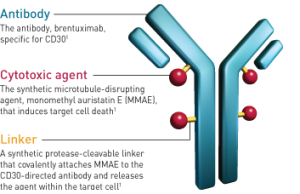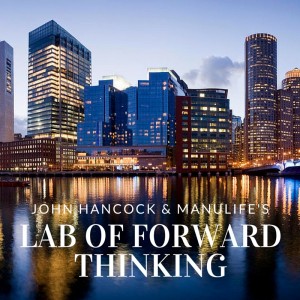
As a professional writing service company, TRA360 works with many revolutionary technology companies in the Boston, Massachusetts area and beyond. It is always exciting to see technology change the way we think about everyday things. A few years ago, Intelligent Mechatronic Systems (IMS) used our white paper writing services to spread the word about best practices for data commercialization with their DriveSync® software package as the focus. This package can make any automobile a fully connected car. Allowing the user to access a host of apps aimed at making life easier. While the idea of a connected car is not new, building one that is connected from the ground up is an exciting new venture.
In October of 2016, Geely, a Chinese car manufacturer, announced a partnership with Volvo to create the most connected car in the world. The new company, Lynk & Co, will create the first car built fully connected from the ground up. Third-party developers will be able to produce new in-car apps to personalize and expand the functions of the vehicle.
Lynk & Co’s revolution begins with Volvo’s Compact Modular Architecture (CMA) platform. This new method produces compact cars with all the benefits of larger vehicles including power-trains, infotainment, climate and data networks, as well as safety systems. New technologies of varying complexity can be fitted on the same architecture to create a more streamlined manufacturing process. Engineers can now spend their time revolutionizing how a car works, with unlimited possibilities.
The first version of the new car, called 01, is being tested in China. Additional versions using the same number scheme, will be released in Europe and North America by 2018. The cars use a cloud platform and online services from partners such as Microsoft, Ericsson, and Alibaba. Customers can create a car that fits their lifestyle by using the fully customizable touch screen.
The process of car ownership will change as well. Prices of the car will be fixed, eliminating haggling routines common with other car dealers. In addition, the cars will be available for online purchase. Users can enter and start their car using an app on their phone and rent their car to other Lynk & Co members by sharing their entry key via the app. As a result, customers will have access to a car anywhere they go.
Lynk & Co has plans to engineer more than just cars. Anyone is welcome to come up with their own improvement ideas. If you have an idea for a revolutionary bike that easily fits into a Lynk & Co car, as one customer did, the company will work with you to bring your idea to life.
Do you have an emerging technology you would like us to profile? Let us know on Twitter @Tra360 or Facebook.



